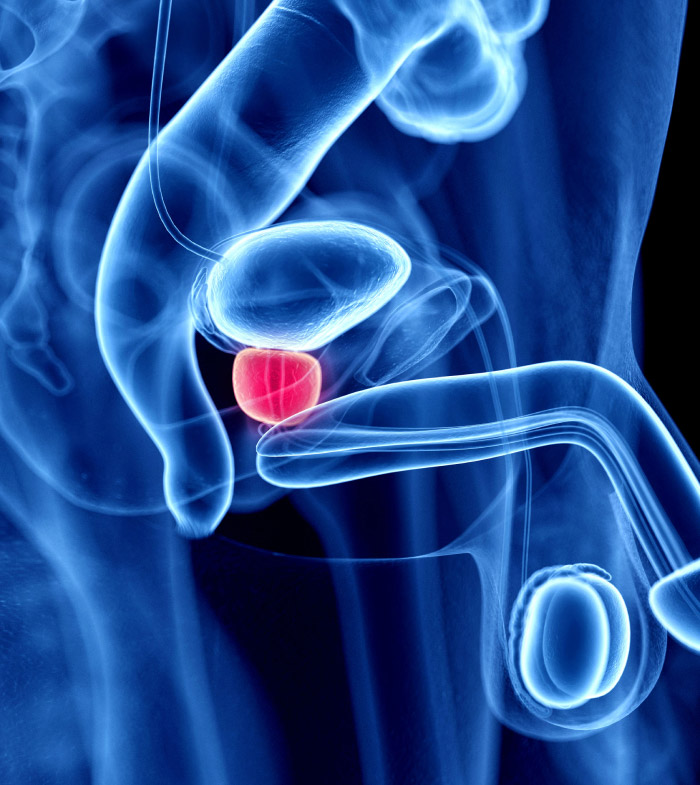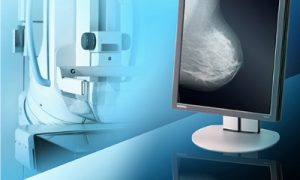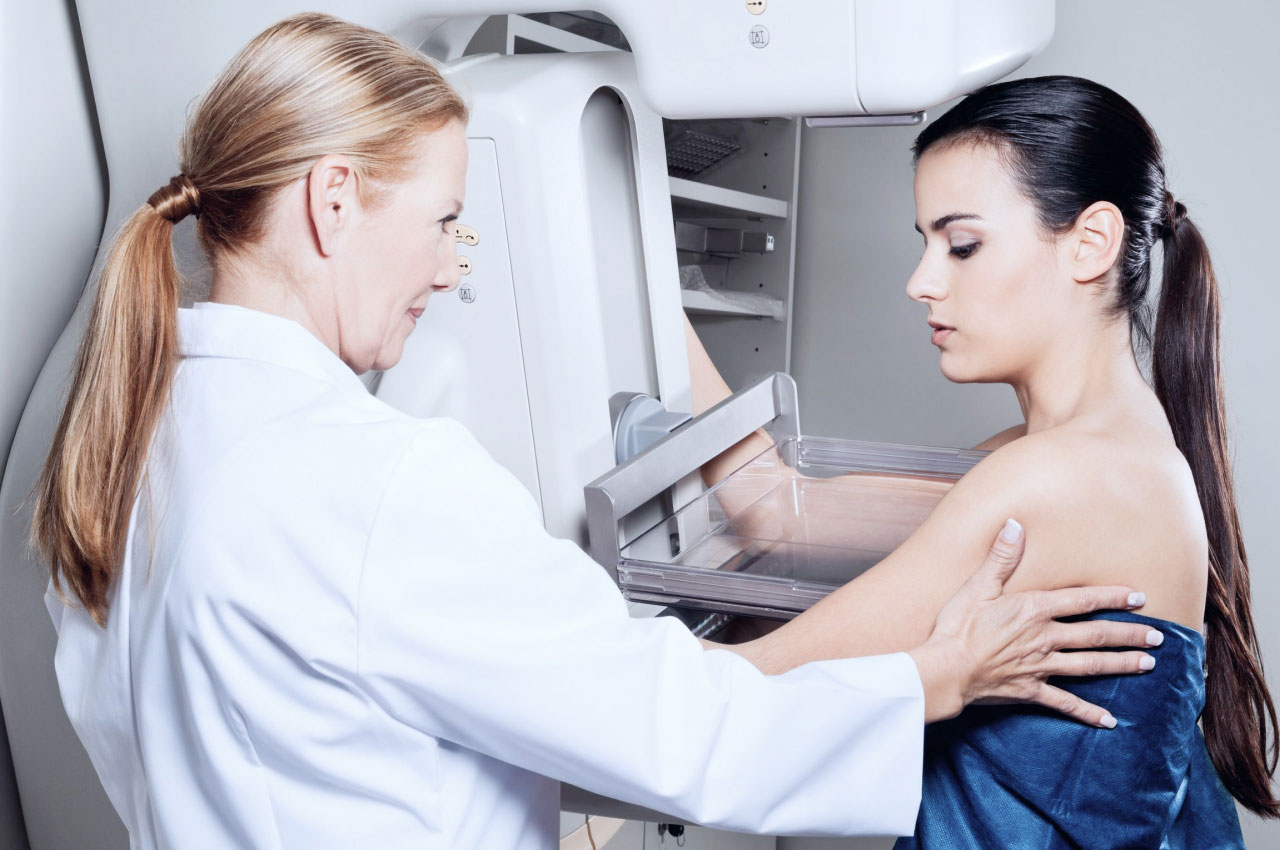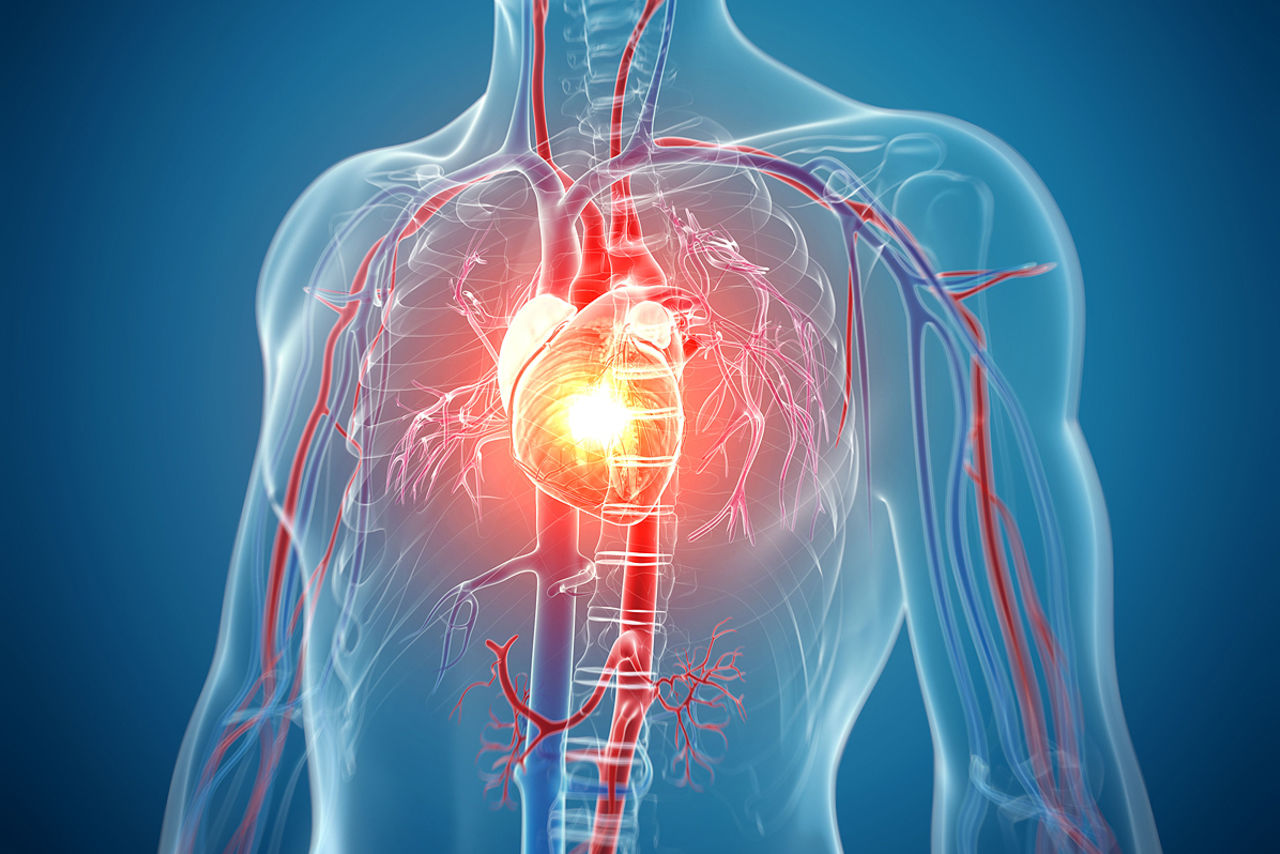Prostate Check

Prostate cancer prevention
Nearly one in seven men will be diagnosed with prostate cancer during some point in their life. Fortunately, the survival rate is extremely high, especially in cases where the prostate cancer is diagnosed early.
Prostate cancer screening is the screening process used to detect undiagnosed prostate cancer in men without signs or symptoms. Screening precedes a diagnosis and subsequent treatment. The digital rectal examination (DRE) is one screening tool, during which the prostate is manually assessed through the wall of the rectum. The second screening tool is the measurement of prostate-specific antigen (PSA) in the blood.
Digital rectal examination (DRE)
During a digital rectal examination (DRE), a healthcare provider slides a gloved finger into the rectum and presses on the prostate, to check its size and to detect any lumps on the accessible side. If the examination suggests anomalies, a PSA test is performed. If an elevated PSA level is found, a follow-up test is then performed.

Transrectal ultrasonography (TRUS)
Transrectal ultrasonography (TRUS) has the advantage of being fast and minimally invasive, and better than MRI for the evaluation of superficial tumor. It also gives details about the layers of the rectal wall, accurate and useful for staging primary rectal cancer. While MRI is better in visualization of locally advanced and stenosing cancers, for staging perirectal lymph nodes, both TRUS and MRI are capable. TRUS has a small field of view, but 3D TRUS can improve the diagnosis of anorectal diseases.
Prostate-specific antigen (PSA)
The prostate-specific antigen (PSA) test is a blood test that measures your level of PSA. The PSA test is usually done to screen for prostate cancer in men who have no symptoms.
PSA is released into a man’s blood by the cells of his prostate gland. A PSA test can show if you have normal or high amounts of PSA in your blood. A high PSA level can have many causes, including an enlarged prostate, an infection, or, less often, prostate cancer.
PSA tests can help find some prostate cancers early. But it may not help you live any longer than if you had no screening.
Often the PSA test can show high levels of PSA that aren’t caused by cancer (called a false-positive). If your PSA test is high, you may need more tests—like a prostate biopsy—to check for prostate cancer. These tests can be harmful. For example, prostate biopsies can cause infections. For a few men, these infections are very serious. These tests can also cause a lot of worry.
PSA tests may miss some cancers. Not all prostate cancers cause a high PSA, so some PSA tests will be normal when there is cancer (called a false-negative). But the more serious prostate cancers usually do cause a high PSA.
Overdiagnosis
A PSA test can find cancers that would not have caused a problem (called overdiagnosis). You might have this type of cancer, but a PSA test can’t tell if the cancer is harmless. So you may get cancer treatment—including surgery or radiation—that you don’t need.
We are always in touch
Just give us a call or write an email. Or request a consultation and we will answer all your questions!










